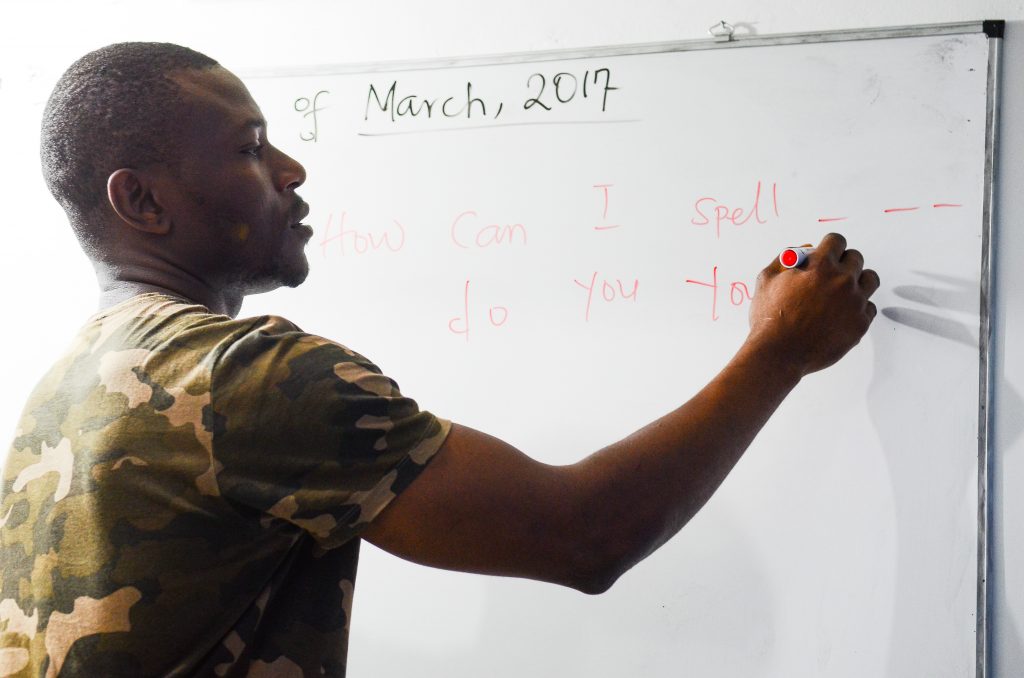São Paulo – Refugees who started their lives over in Brazil said language is the biggest challenge facing them. The information was made public in qualitative survey ‘Jornada pelo refúgio no Brasil’ (The journey for asylum in Brazil), run by NGO Estou Refugiado to mark June 20, World Refugee Day.
The NGO interviewed 30 refugees in Brazil, in a bid to learn about what they go through once they arrive, and what are their perceptions regarding the country and its people.
Eighteen of the interviewees – hailing from Syria, the Democratic Republic of the Congo (DRC) and Venezuela – were employed at the time of the survey, in most cases not in their previous line of work.
Apart from language, refugees find it hard to find work and a place to live, and to get their paperwork in order. According to Estou Refugiado, a new survey is expected in the second half of this year.
The United Nations High Commissioner for Refugees (UNHCR) also released its Global Trends Report on occasion of World Refugee Day. It estimates that one in 97 people in the world – or roughly 1% – forcefully displaced.
The report reveals that 79.5 million people were displaced at the end of 2019 due to war, conflicts or persecution, up from 70.8 million in 2018. Less and less people get to return home: in the 1990s, 1.5 million refugees would make it back each year. In the past decade, the average dropped to 390,000, an indication that forced displacement grows faster than it can be addressed.
According to the UNCHR, forced displacement numbers went up in 2019 due to new displacements – especially in the DRC, the Sahel, Yemen and Syria – where the fighting has gone on for ten years now. Syria alone accounts for one sixth of displaced persons around the world, with 13.2 million refugees, asylum-seekers and internally displaced persons. Venezuelans away from their country are also a major issue.
Translated by Gabriel Pomerancblum




